Rottejegeren var betegnelsen på de norske motstandsfolkene som utførte de skitneste jobbene under andre verdenskrig.
De likviderte varslere, torturister og andre nordmenn som jobbet for tyskerne. Rottejegeren ble skrevet av min stefar Max Manus (1914-1996), i 1948. På den tiden var hans to klassiske krigsbøker ‘Det vil helst gå godt’ og ‘Det blir alvor’ allerede suksessbøker.
Manuskriptet til denne romanen lå i mange år i den nederste skuffen i et rosemalt skap i stua vår hjemme på Landøya i Asker like utenfor Oslo. På slutten av syttitallet ble manuset bundet inn i et hardt omslag med en skinnrygg og ble gitt til Max i bursdagsgave. Den dag i dag vet ingen i familien hva som skjedde med boken. Noen år før min mor døde ga hun meg en kopi. Max var halvt dansk, og språket hans var preget av dette. Dessuten steg han suverent over normalisert stavemåte. Ingen kan forklare hvorfor Max ikke ga ut romanen mens han levde.
I denne engelske versjonen har jeg oversatt den med stor omhu for å bevare alle de originale detaljene og historien. I 2008 ble filmen 'Max Manus' (engelsk: 'Man of War'), utgitt. Den ble en kjempehit akkurat som bøkene hans, og en storfilm på norske kinoer.
Rottejegeren ble utgitt i Norge i 2021 av Kagge Forlag AS og ble en bestselger.
For more information about the book you can read the full version of ‘The Interview with George’ here.
BUY NOW – Click on any of the outlets below to buy The Rat Catcher in print or eBook
Paperback, 230 sider.
ISBN: 8743056466

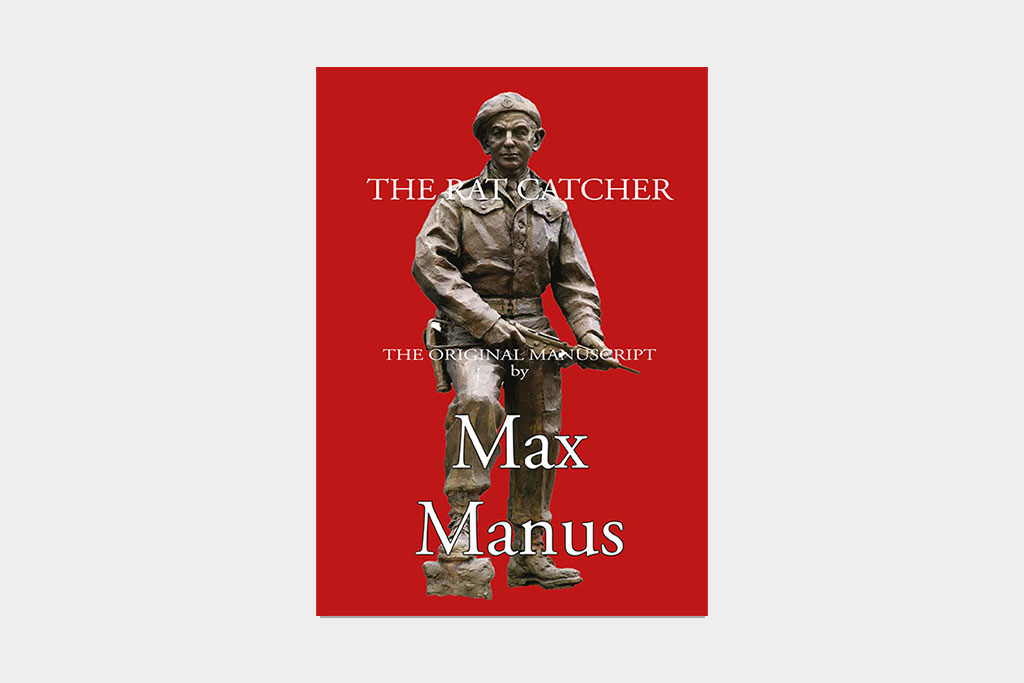
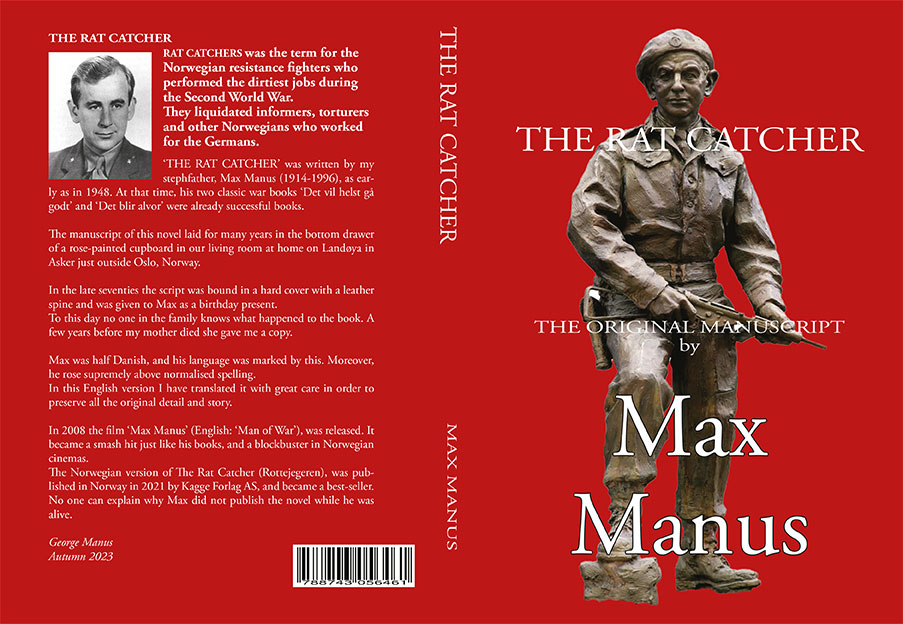
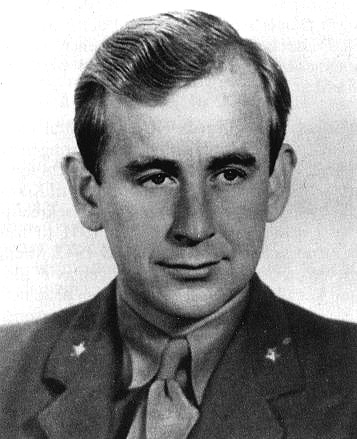
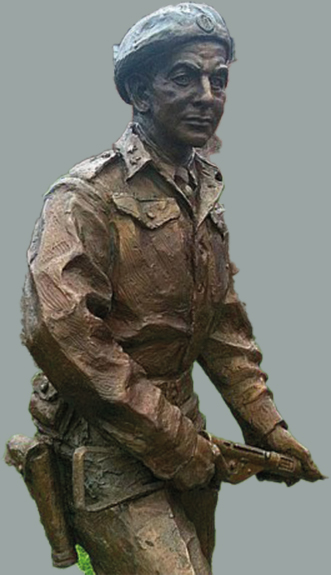
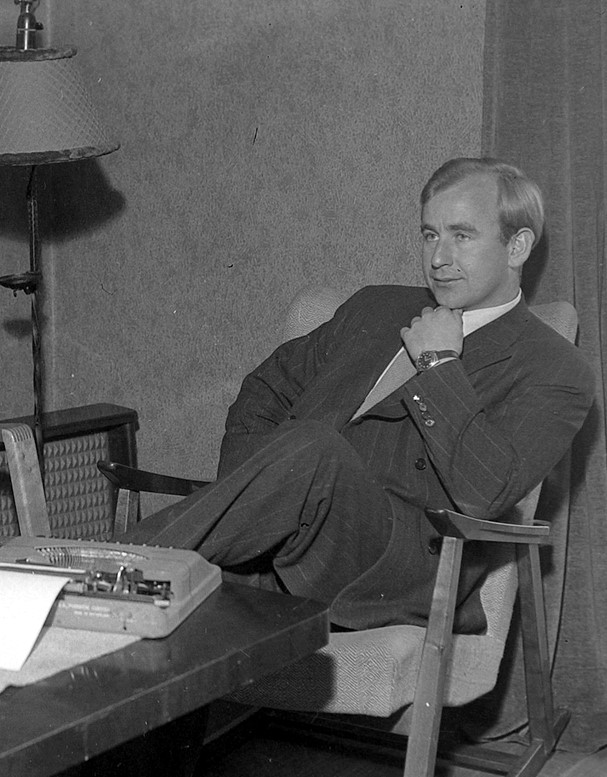
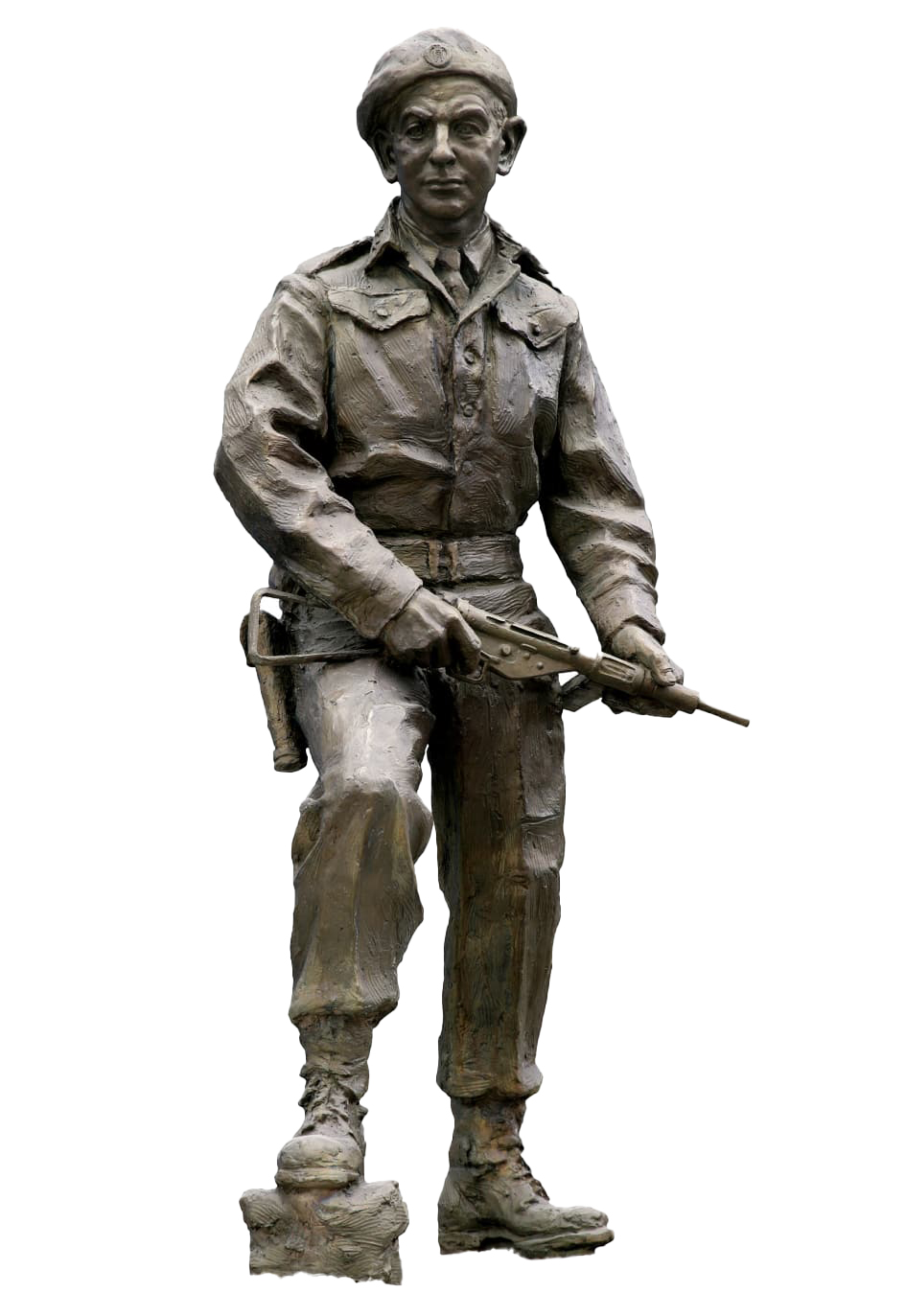
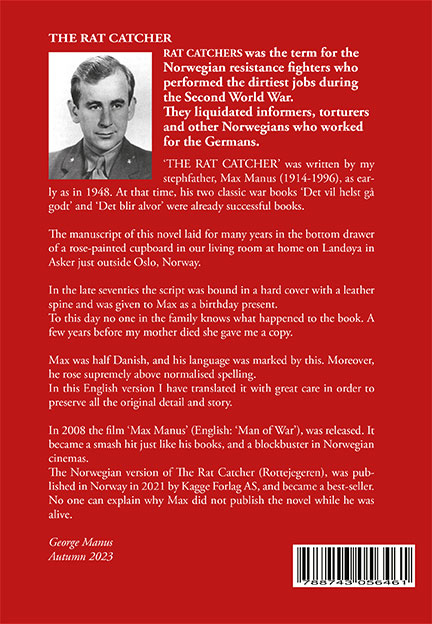
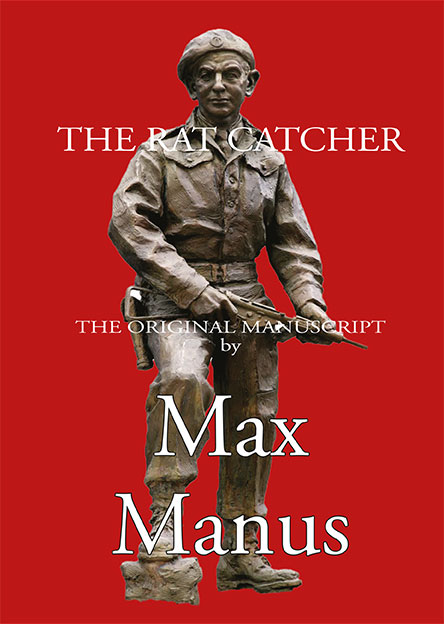
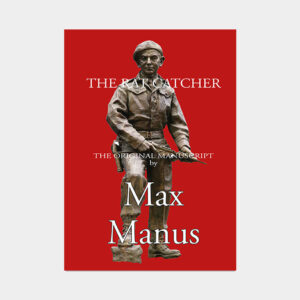
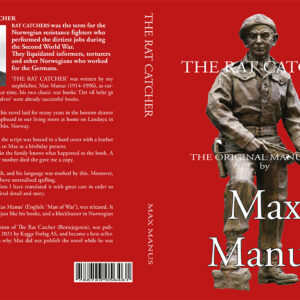
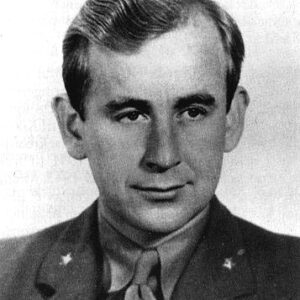
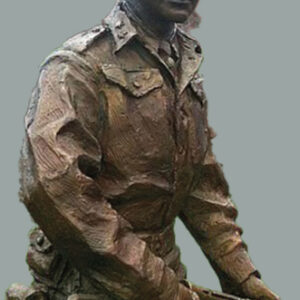
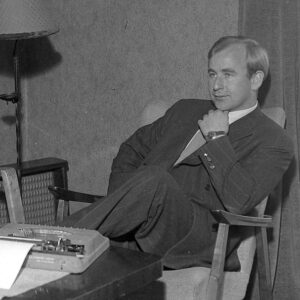
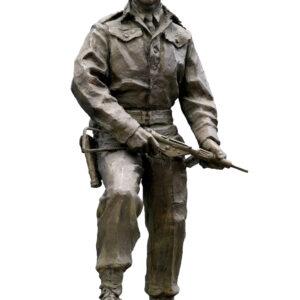
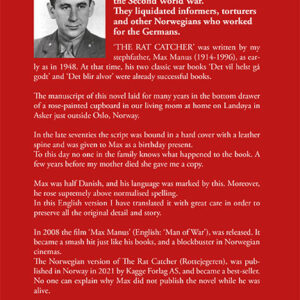
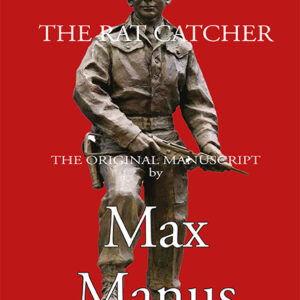
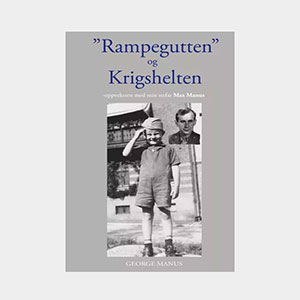
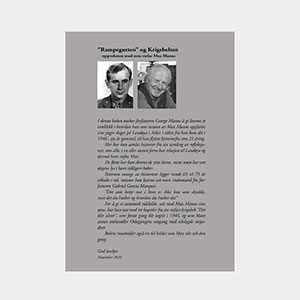
P. Smith –
I enjoyed this book immensely. My father and uncles were in the Second World War, however, I knew nothing of Norways involvement in the war. This book was a fascinating insight into what happened. Max was a hero and a very brave man. Good read and very informative.
Ashleigh –
Wow, great read. Offers a deep insight into World War II Norwegian resistance fighter, Max Manus that illuminates his post-war inner struggles and personal vulnerabilities. The book encompasses the heart-felt closure for a life that was fraught with danger, bravery, overcoming formidable circumstances, and managing to maintain a humble and human outlook. Very different times to now. I highly recommend.
Ole –
Splendid book. Good reading. Deep insight into the World War 2. I can recommend this book for any one interested in war history.
John Grogan from Yorkshire –
The post war atmosphere in Oslo is brilliantly brought to life by Max Manus in the Rat Catcher and has resonance for our own times . The recent triumph of victory over the Nazis and the possibilities for renewal it brings is tempered with foreboding and fears of a possible war with Russia. All the central characters who were involved in one way or another with the resistance are dealing with their own demons and the moral ambiguities of the decisions they had to take to liberate Norway. At the same time they are trying to come to terms with many of their fellow citizens who had been more passive during the war . Moreover, they are still living with the fear of attack by nazi sympathisers or collaborators.
By the time he wrote this book in the late 1940’s Manus had already published two accounts of his remarkable life which were best sellers at the time . This book is much darker in its themes with Freddy the central character essentially being Max’s alter ego . His passion for life , generosity of spirit and humanity are made all the more real by his honest portrayal of his human weakness.
The feature film about Max Manus which had its premiere in 2008 is one of a number over the last couple of decades that have depicted many of the key moments of Norway ‘s Second World War history . These include the flight from the capital city of the King and Government , the battles and exile which followed, the rescue of the central bank’s gold reserves, the deportation to the death camps of Norwegian Jews and the heroism and endurance of both the resistance fighters and the seaman. It is perhaps fitting that The Rat Catcher itself is published in English at about the same time as the latest of these ‘ Nr 24 ‘ is streaming on Netflix . This is about the life of Manus’s wartime comrade Gunnar Sonsteby. Central to both book and film is the dilemma of the leaders of the resistance about what to do with traitors in a wartime environment where there are no courts of law but there is also the constant threat of reprisals . Perhaps the reason why the Rat Catcher was not published in his lifetime was that it was just too difficult to revisit this topic whilst many of those involved were still alive . For the rest of us as we approach the eightieth anniversary of the end of the war in Europe we can only marvel at the heroism of the likes of Manus and Sonsteby but also at the fact that somehow they found the strength within themselves to move on from the world of the Rat Catcher and help build the Norway of today . For example ,Manus himself created a successful business employing both people who had resisted the Nazis and those who had not ,